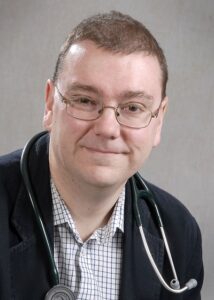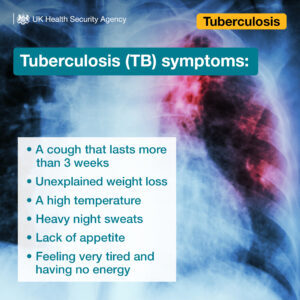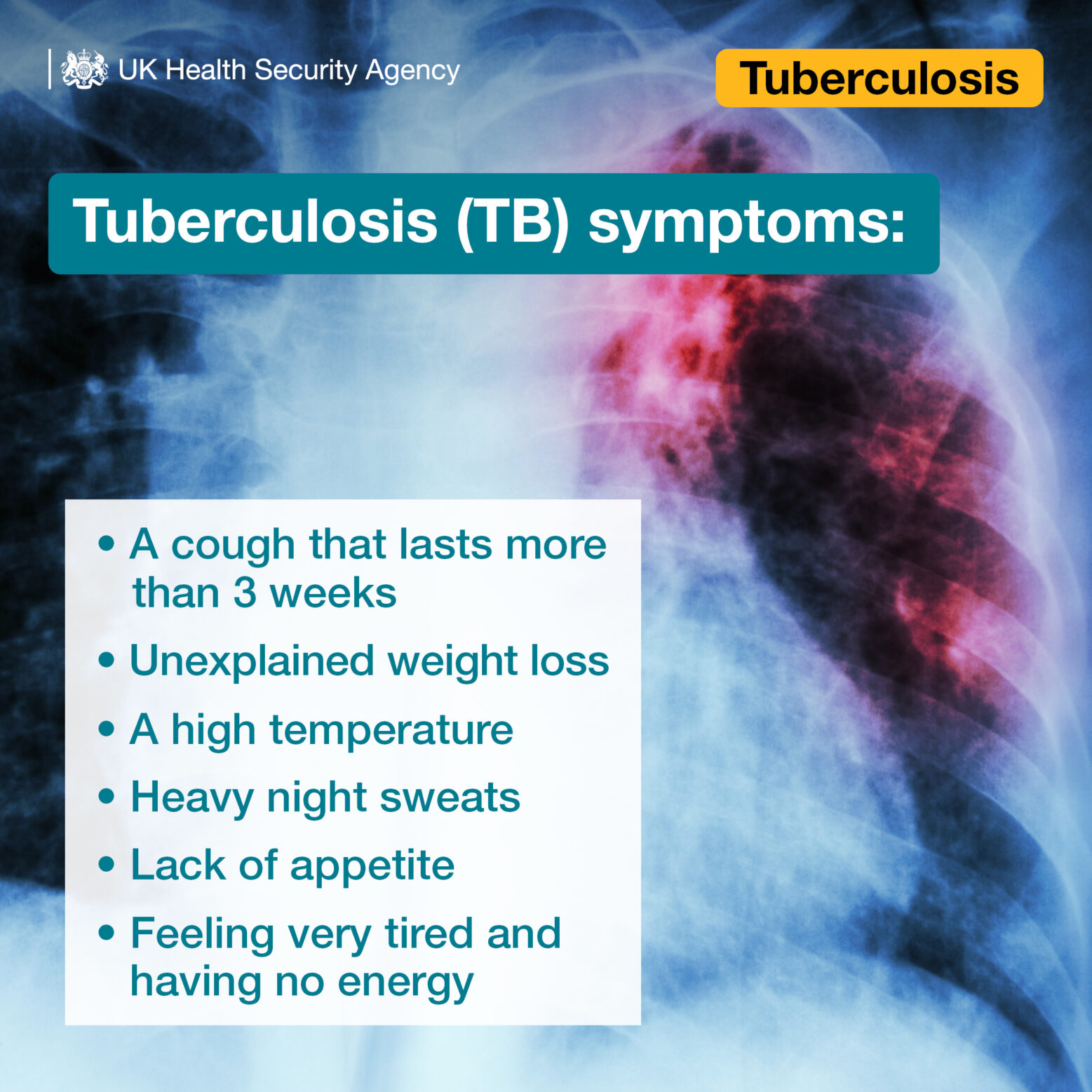 A specialist in infectious diseases in Hull is warning cases of Tuberculosis (TB) are increasing, with homeless people or those with drug or alcohol addictions at risk.
A specialist in infectious diseases in Hull is warning cases of Tuberculosis (TB) are increasing, with homeless people or those with drug or alcohol addictions at risk.
TB cases rose by 13 per cent rise in England last year. While 81.5 per cent of cases were diagnosed in people born outside the UK, there was also an increase in people born in the UK.
To mark World TB Day today, Dr Patrick Lillie, Consultant in Infectious Disease at NHS Humber Health Partnership, said Hull, like other cities in the UK, could see increasing cases of TB because of social risk factors like drug misuse and rough sleeping.
Dr Lillie said: “London and the West Midlands are already seeing an increase in cases but because TB is linked to deprivation and social issues such as drug and alcohol addiction, homelessness or close living in poor-quality housing, it’s possible that other cities, including Hull, could see more cases too.
“TB is a really serious infection so it’s important that anyone showing symptoms of TB gets tested and, if confirmed, receives treatment quickly to give them the best chance of recovery.”

The UK Health Security Agency says social risk factors for TB include drug and alcohol misuse, homelessness, prison and mental health needs. More than 17 per cent of people with TB are affected by one or more of these factors. Asylum seekers are also at risk of TB because of deprivation and poor social conditions.
TB mainly affects the lungs but can affect any part of the body, including lymph nodes, bones and the brain, causing meningitis. It spreads when a person with TB in their lungs coughs or sneezes.
Symptoms can include a cough lasting more than three weeks, high temperature or drenching night sweats, loss of appetite, unexplained weight loss and feeling tired or exhausted.
Anyone showing symptoms of TB should see a GP or be encouraged to seek medical advice as soon as possible.

